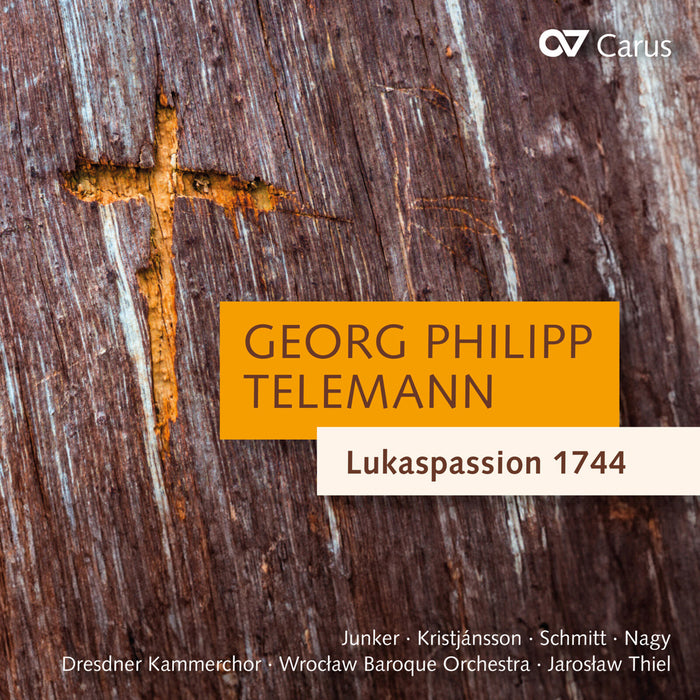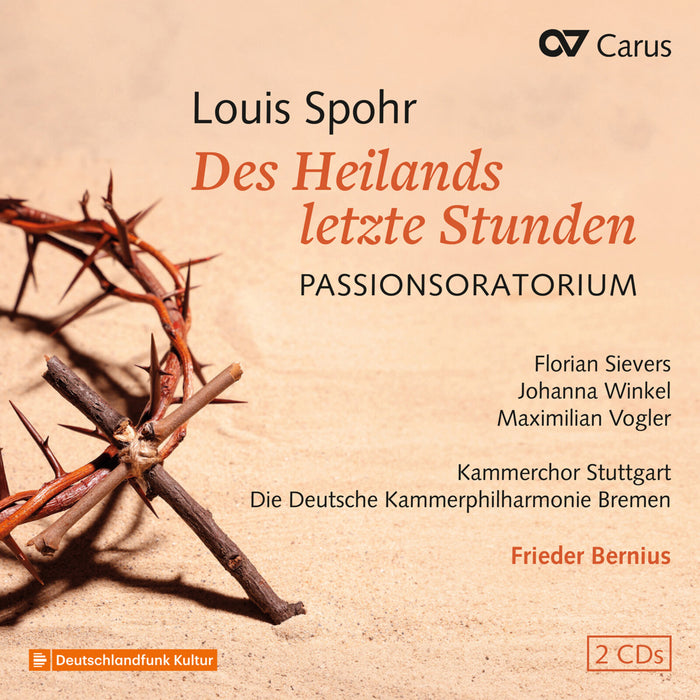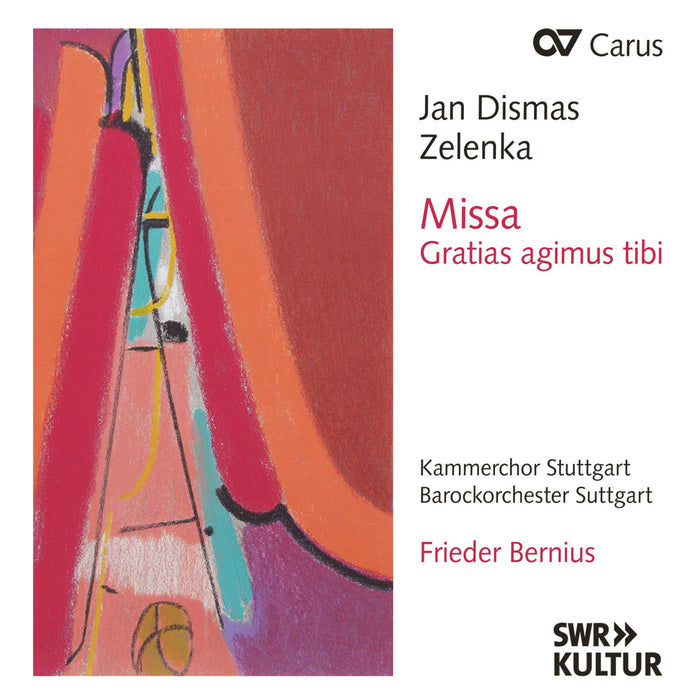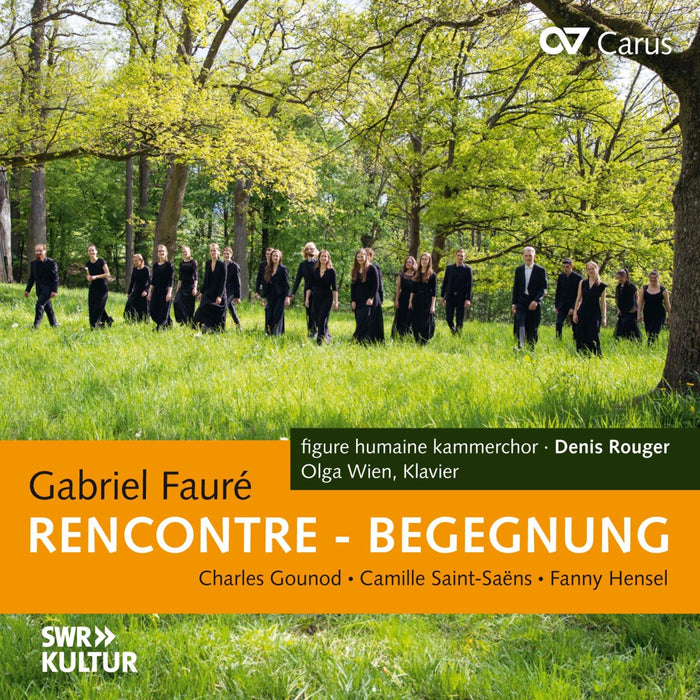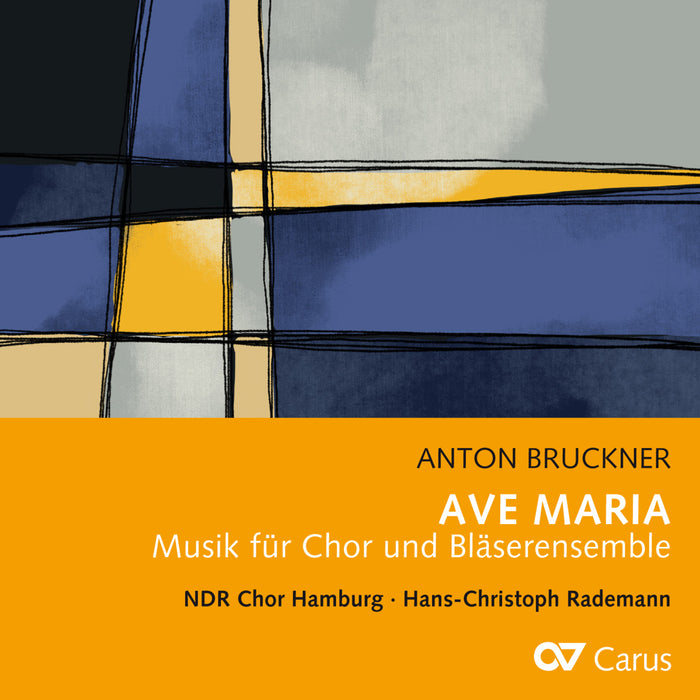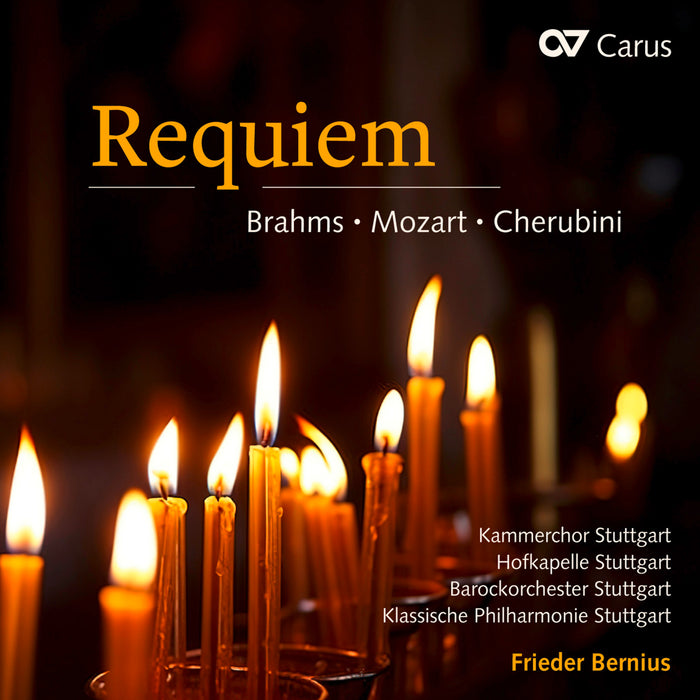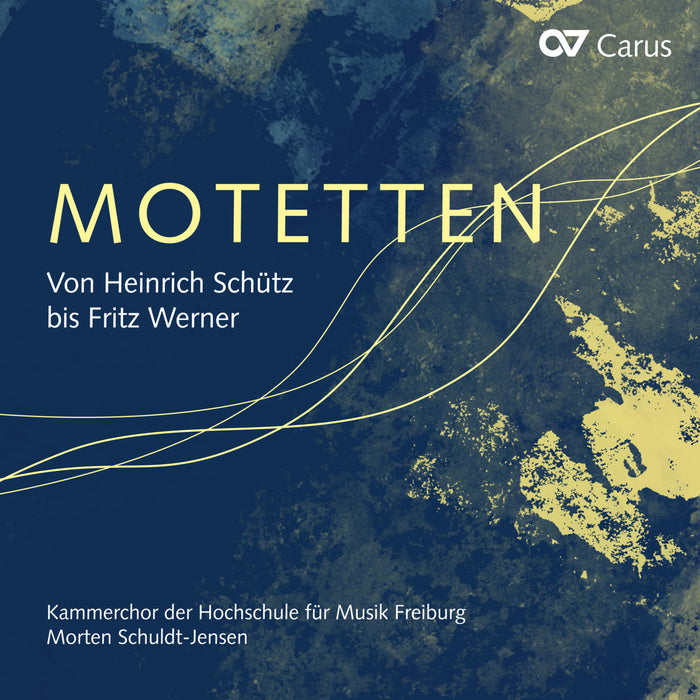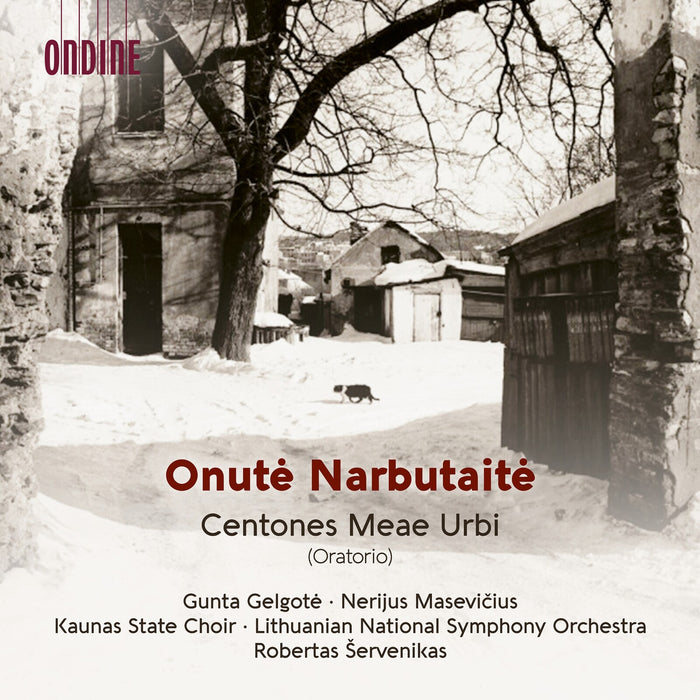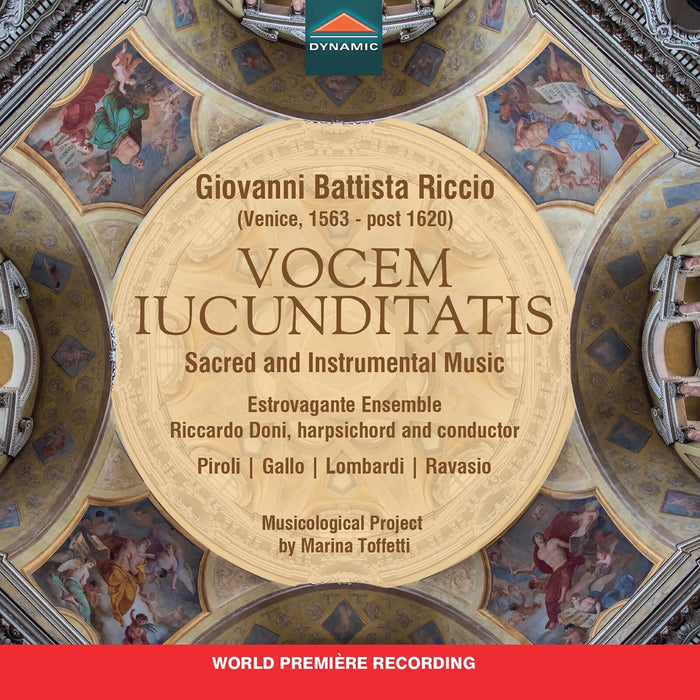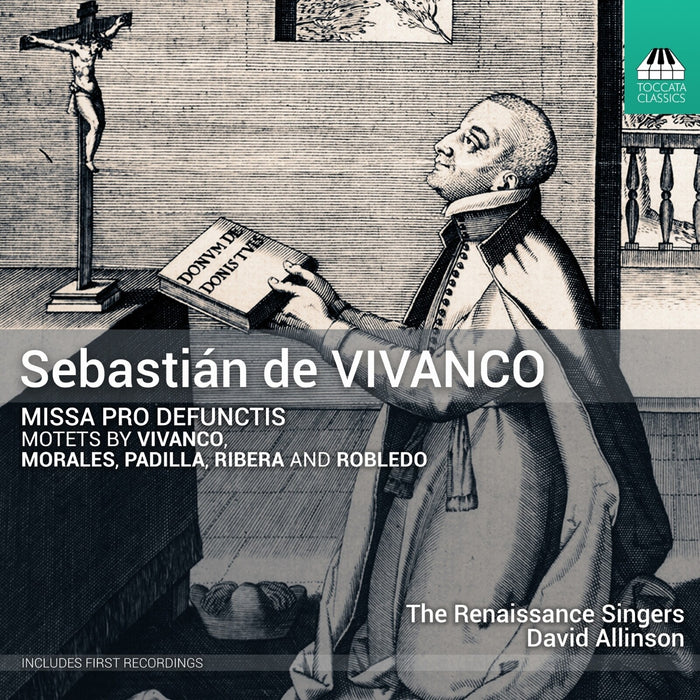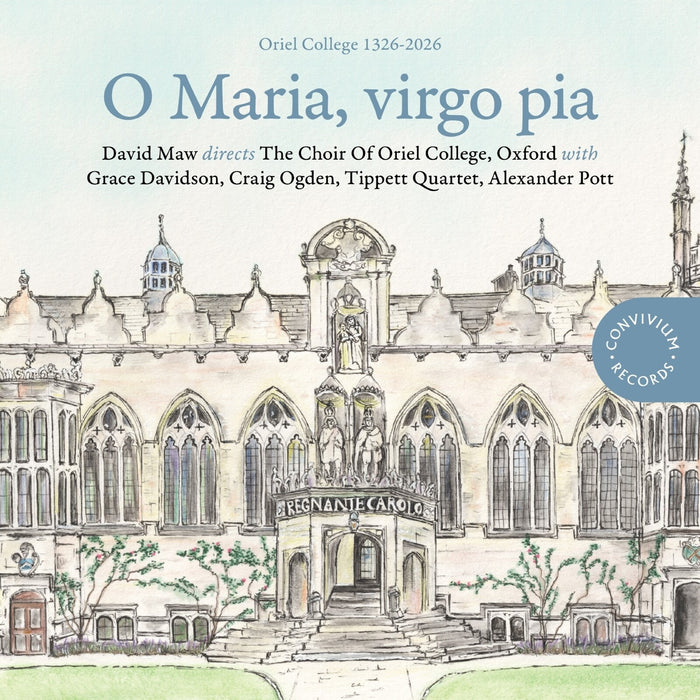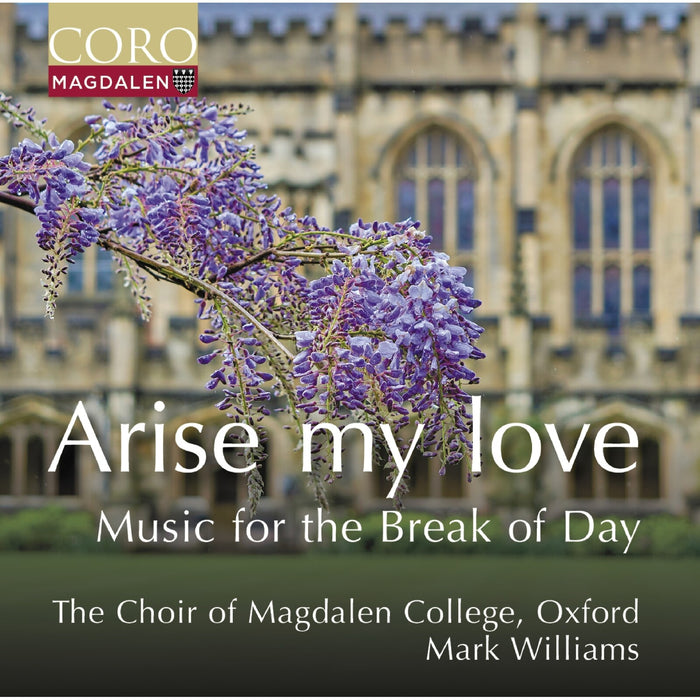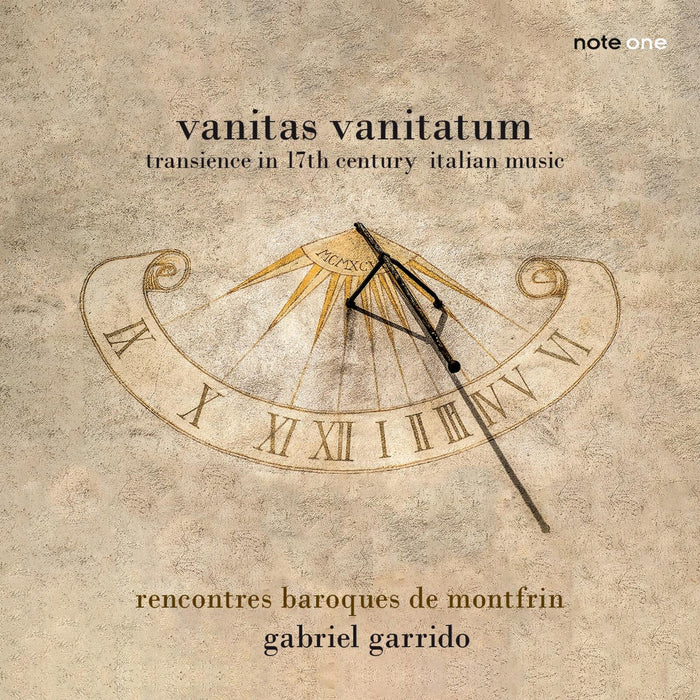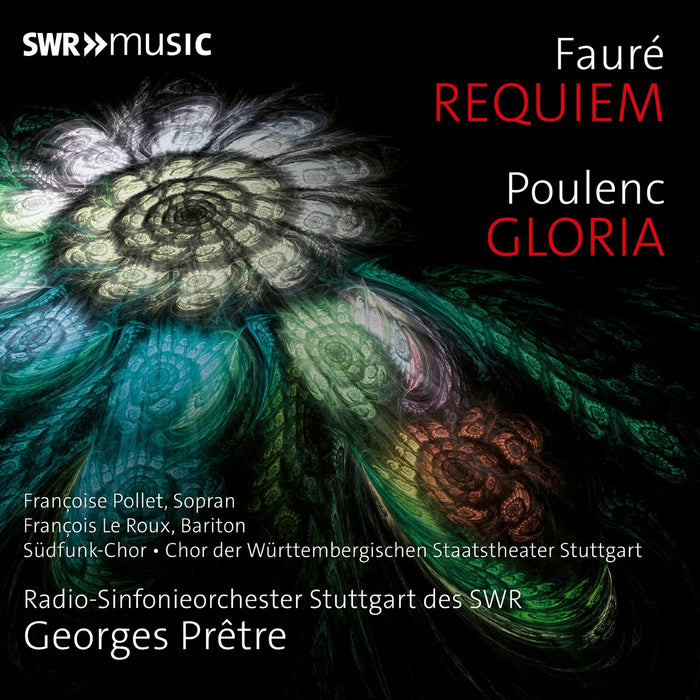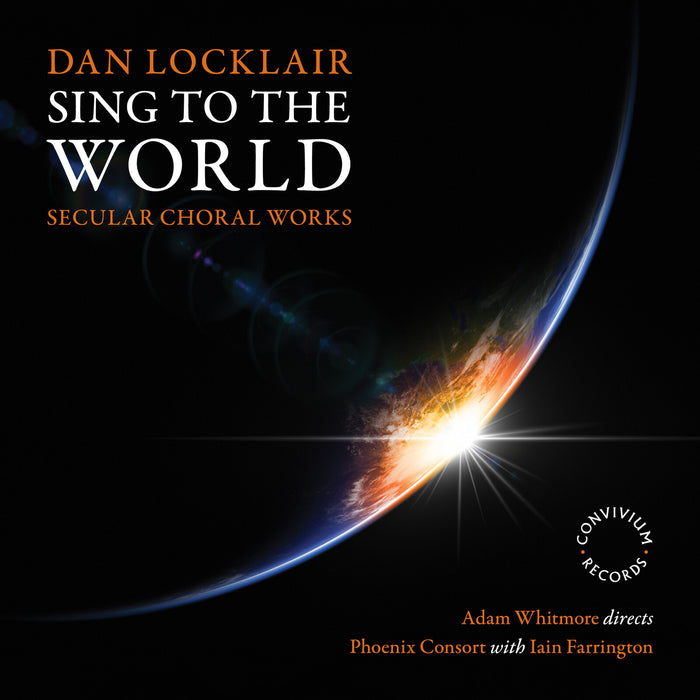Description
It is both regrettable and incomprehensible that Louis Spohr is virtually unknown today as a composer of oratorios, as he was extremely highly regarded as such byhis contemporaries.
Among musicologists at least, he is counted together with Mendelssohn as one of the most important German composers of oratorios in the first half of the 19th century. Inspired by a performance of Bach's St. Matthew Passion, Spohr wrote his Passion oratorio Des Heilands letzte Stunden WoO 62 in 1834, which reports the Passion events from an unusual perspective.
Instead of an evangelist, the disciple Johannes takes on the role of the narrator directly involved in the events. Together with Mary, the mother of Jesus, he describes the story of Jesus' Passion - in an almost operatic and dramatic manner. The scenes before the judgement of Caiaphas and at the cross with the musically painted earthquake are particularly remarkable. With this concept, Spohr met the public's taste exactly, as people expected not only religious edification from such a work, but also a gripping plot.
The premiere in Kassel in 1835 was correspondingly successful. Four years later, an English version was performed in Norwich, where, according to the Times, hundreds were moved to tears.No wonder, then, that Spohr considered this oratorio to be one of the best he had ever composed.
The renowned forces of Frieder Bernius and the Kammerchor Stuttgart, the Deutsche Kammerphilharmonie Bremen and an outstanding ensemble of soloists (Johanna Winkel, Maximilian Vogler, Florian Sievers, Arttu Kataja, Thomas E. Bauer, Felix Rathgeber and Magnus Piontek) make this jewel of early 19th century sacred choral music available again on CARUS in an exquisite recording.


